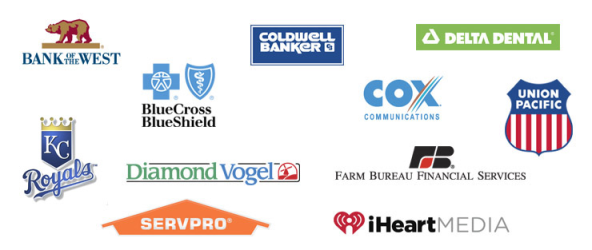By Jeff Beals
Does your company have raving fans?
The term “raving fans” has become business lexicon ever since Random House released a book called Raving Fans by Ken Blanchard and Sheldon Bowles 15 years ago. The book was intended to help companies improve their customer service. The authors’ central message was that you need to go above and beyond, because “satisfied customers just aren’t good enough.”
That book is part of a breadth of publications designed to help companies and individual professionals do a better job of pleasing customers. In fact, we often hear executives spurring their employees to focus on providing “customer delight” as opposed to the mere standard of “customer service.”
This all makes sense to me. Certainly, companies benefit when they go all-out to please the customer, but having people who love you and are willing to tell everyone about it, goes beyond just customer service. You can also create raving fans of yourself, people who “cheer” for you as an individual professional.
Instead of “fans,” let’s think of them as “champions.”
Champions are people who champion you and your cause. They love you and your company. They are your fans, the people who would run through a brick wall for you. They could be personal friends, distant admirers, current or former clients, current or former referrers. They could also be influencers of past clients who you converted in champions.
Even if you have a lot of champions, you could still use more. Those individuals and organizations that have engaged champions and sent them out into the world get more opportunities. A large group of champions on your side is like having a personal marketing and sales staff without having to pay the salaries and benefits.
But champions don’t just appear out of thin air. They are developed. They must be created and then maintained. That means you should have a part of your marketing plan focused on how to deliberately develop and maintain champions. Part of that plan would be an on-going communication plan for champions that would include emailings, phone calls personal visits.
To convert someone into a champion, you need to make him or her feel very special. Here are some ideas:
- When you are in front of a person, make him or her feel that nobody else in the world matters more.
- Spend time with key people socially, congratulate them on their successes, and help them celebrate their victories.
- Don’t let a moment of truth – an opportunity to strengthen a relationship – be wasted. Jump on that opportunity and grow that relationship.
It also helps when you surprise champions with valuable information when they’re not expecting it. Send them referrals whenever you get the chance. Go out of your way to introduce or connect them to interesting people. Treat them with respect and demonstrate integrity consistently.
If you do these things, you will develop a network of champions who will protect you and your organization.
As the old saying goes, “you can never have too many friends.” The same thing applies to champions.









